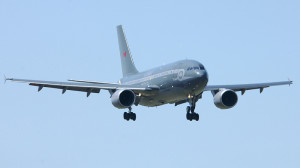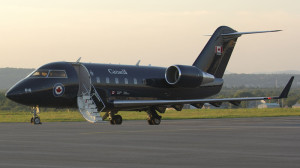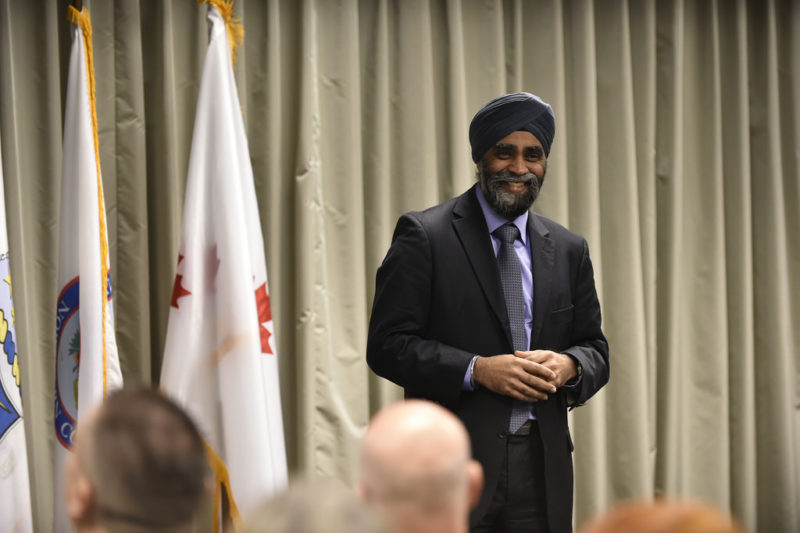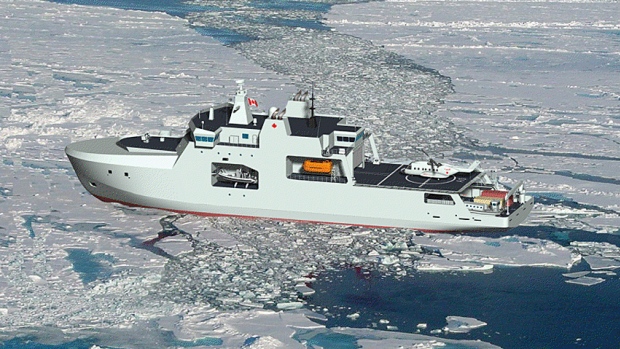Since its formation in the early twentieth century, the Royal Canadian Air Force has provided executive transportation to senior officials within the Federal Government. Today, the Royal Canadian Air Force operates a fleet of specialized VIP aircraft to transport senior members of the Federal Government on domestic and international trips. Based in Ottawa, 412 Transport Squadron operates the RCAF’s main VIP fleet of six Bombardier CC-144 Challengers. The twin engine, long-range executive jets not only serve as VIP transports, but three of the CC-144 Challengers can also be configured for medevac and utility roles. In addition, 437 Transport Squadron at CFB Trenton operates five CC-150 Polaris aircraft, including one VIP transport for trips over extended distances.

Throughout modern Canadian history, the Federal Government’s VIP transport fleet has been a source of political controversy. Opposition parties, from both the right and the left, have been quick to criticize the use of such planes as extravagant and unnecessary. For political leaders and the public, the RCAF’s VIP fleet has enormous symbolic value.
Over the last several decades, the Challenger fleet has come under particularly sustained criticism. In the early 2000s, the Liberal Government of Prime Minister Jean Chrétien faced controversy after allegations arose regarding the acquisition of two new Challenger jets (complimenting the original four bought in the 1980s). Ironically, as reported by the Globe and Mail, this was the same Jean Chrétien who once decried the VIP CC-150 Polaris as a “Taj Mahal” during the late 1980s. In recent years, the governing Conservative Party has come under heightened scrutiny for its use of VIP aircraft.
“Public perception is often inclined to see such aircrafts as simply a luxurious form of transportation for spendthrift politicians”
In June of this year, the Federal Government announced that two of the Challenger jets would be removed from service. Yet, in August information was revealed that the Federal Government was divided on the future of the Challenger fleet. Despite desiring to decommission four C-144 Challengers the plan was scaled back to the deactivation of just two planes. In recent years, there had been growing concerns that several of the CC-144 Challengers were in desperate need of major upgrades. One media report noted that the four oldest aircraft, particularly the CL600 and CL601 variants, were to be retired as a result of being nearly 30 years old and having 1980s electronics — relying on analogue rather than digital technology — that restricted where they could fly. In addition, the Canadian Press learned that even cutting just two of the CC-144 Challenger jets left the RCAF “scrambling to figure out how to fill the fleet’s often unheralded role as emergency life-savers”.

According to the Ottawa Citizen, the RCAF “recommended buying new up-to-date Challengers, much like the CL604 variant, of which Canada has two”. The RCAF’s briefing note to Defense Minister Rob Nicholson explained that “A single fleet is…the only method that can ensure a 99 per cent availability rate for two concurrent [lines of operation] in support of [air ambulance] and Code One VVIPs’”. One option the RCAF proposed was “the idea of perhaps buying slightly used Challengers from the ‘depressed business aviation market’ to create a ‘homogenous fleet’”. Yet the politically sensitive nature of CC-144 Challengers make the acquisition of new aircraft seem unlikely, particularly in a time of cost cutting across the Federal Government.
The VIP fleet is important not only for transporting high-risk dignitaries (particularly the Prime Minister and Governor General), but also for giving the Federal Government much-needed flexibility. To a great extent, the Federal Government has done a poor job of explaining the important role that its VIP fleet serves. As a result public perception is often inclined to see such aircrafts as simply a luxurious form of transportation for spendthrift politicians (a notion that political critics are often quick to reinforce). Thus, it seems very possible that the governing Conservatives will continue with the status quo instead of making an investment that could save money and enhance its




